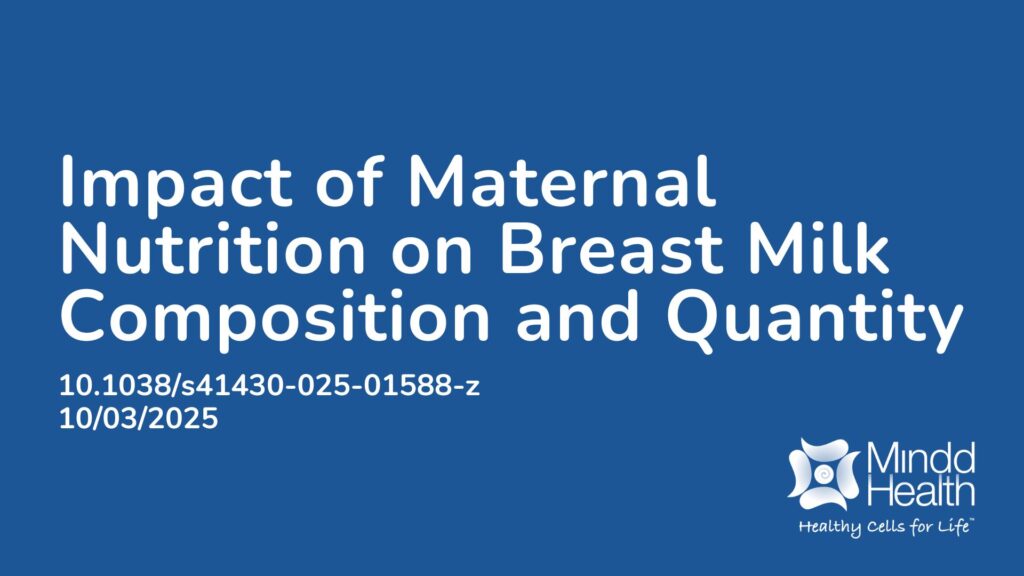Summary:
Proper nutrition during lactation is essential for the health of both mothers and their babies. A mother’s diet can also affect the volume and composition of her breast milk, potentially impacting her baby’s health into adulthood. In this study, mothers were given a healthy diet, a carbohydrate-rich diet, and a protein-rich diet for one week each to analyze the compositional changes in their breast milk. The results showed that the carbohydrate-rich diet led to increased levels of several amino acids in the milk, such as glutamic acid, serine, glycine, histidine, tyrosine, valine, isoleucine, leucine, and lysine, but decreased lactose content. A protein-rich diet showed that it could increase milk quantity when compared to a carbohydrate-rich diet. Both the carbohydrate and protein-rich diets reduced riboflavin content in the milk. This study highlights that maternal nutrition significantly affects the composition and quantity of breast milk. Insufficient nutrition can lead to decreased milk production, while an adequate diet, particularly one with sufficient protein, can improve both milk production and quality. Other factors, such as water intake, may also influence milk production, although more research is needed.
Abstract:
Introduction: This study aimed to elucidate the relationship between maternal nutrition and the quantity and composition of breast milk. Methods: All mothers were administered sequentially, with each lasting oneweek, a healthy nutrition diet, a carbohydrate-rich diet, and a protein-rich diet. Results: Compared to the healthy nutrition diet, a statistically significant increase was observed in the levels of glutamic acid, serine, glycine, histidine, tyrosine, valine, isoleucine, leucine, and lysine in milk following the carbohydrate-rich diet (p < 0.05). In contrast to the healthy nutrition diet, the lactose content of milk decreased after the carbohydrate-rich diet and increased after the protein-rich diet (p < 0.05). Following both carbohydrate-rich and protein-rich diets, a reduction in riboflavin content in milk was observed compared to the healthy nutrition diet (p < 0.05). After the protein-rich diet, an increase in milk quantity was observed compared with the carbohydrate-rich diet (G1, p = 0.006; G2, p = 0.001). A negative correlation was found between the mothers’ body weight in the third week and the amount of amino acids in their milk (r = -0.270, p = 0.037). Conclusions: The results of this study indicated that the nutrient composition and quantity of human milk are influenced by maternal nutrition.
Article Publication Date: 10/03/2025
DOI: 10.1038/s41430-025-01588-z



